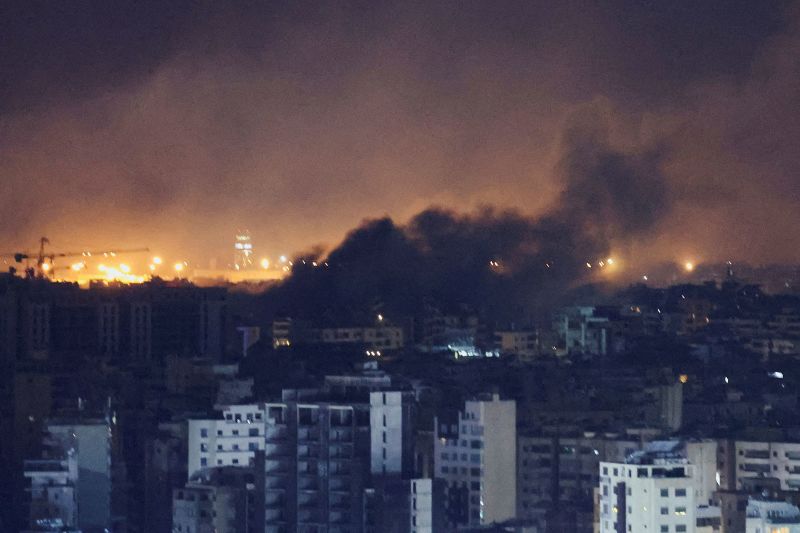As the tension continues to mount in the Middle East, a situation that Israelis living near the Lebanese border find extremely unsettling, the fear of a tit-for-tat escalation is boding an ominous forecast. Poised on the precipice of what could be a significant bout of hostilities, Israeli citizens in northern border towns like Metula, Malkiya, and Zar’it perceive ‘there will be a lot of deaths.’
This trepidation of a tit-for-tat escalation traces its origin to the long-standing conflict between Israel and Hezbollah, the Lebanese militant group. The border, often referred to as the Blue Line, has witnessed a series of clashes, air strikes, and exchanged rocket firings. These actions have created a grim narrative that perceives peace as a temporal state between episodes of violence.
The geography of these border towns leaves their inhabitants particularly vulnerable to such threats, adding another layer of complexity to the situation. Tucked away in the scenic beauty of the northernmost part of Israel, these towns are the first line of exposure to any potential incursion from the Lebanese border. A significant escalation could put these peaceful communities directly in harm’s way, exacerbating the residents’ sense of danger.
Many Israelis living in these towns have a vivid recollection of past escalations and the devastating aftermaths. The 2006 Lebanon war, or the July war as commonly known — a 34-day military conflict between Hezbollah and Israel — is still fresh in their memories. The war led to widespread devastation, with casualties running into the thousands on both sides.
While the Israeli government maintains that it is well-prepared to counter any aggression, the citizens residing near the Lebanese border express reservations. They argue that while the Iron Dome defense system has successfully intercepted aerial threats in the past, its effectiveness against a possible concerted attack by Hezbollah remains a subject of debate.
The role of international players in this equation can’t be understated. While the United Nations Interim Force in Lebanon (UNIFIL) maintains peacekeepers along the Blue Line, their mandate is restricted to observing and reporting violations rather than active engagement. This limitation often results in criticism, especially in situations where Israeli citizens perceive a lack of adequate response to evident transgressions.
Simultaneously, Lebanon’s ongoing socio-political crisis and economic collapse have made the country’s realities even more challenging. There is a rising domestic consensus that Hezbollah might exploit these conditions to escalate tensions with Israel, adding a new dimension of uncertainty for the Israelis living near the border.
In this chaotic mix of geopolitical tensions, the plight of ordinary citizens often gets overlooked. Life on both sides of the border hangs in a delicate balance, oscillating between anticipation and dread. The perilous game of tit-for-tat can cause severe devastation, with widespread implications for regional stability.
In the current scenario, a proactive dialogue, mediation, and diplomacy are essential to defuse tensions. Simultaneously, it is crucial to address the legitimate security concerns of Israelis living near Lebanese borders. It is a daunting task that requires the collective efforts of internal and external stakeholders.
Awareness and understanding are the first steps toward resolution. As tensions rise and unease creeps in, the stories of these Israelis living near the Lebanese border underscore the necessity of peace – not just in negotiations and agreements but within individual lives as well.




